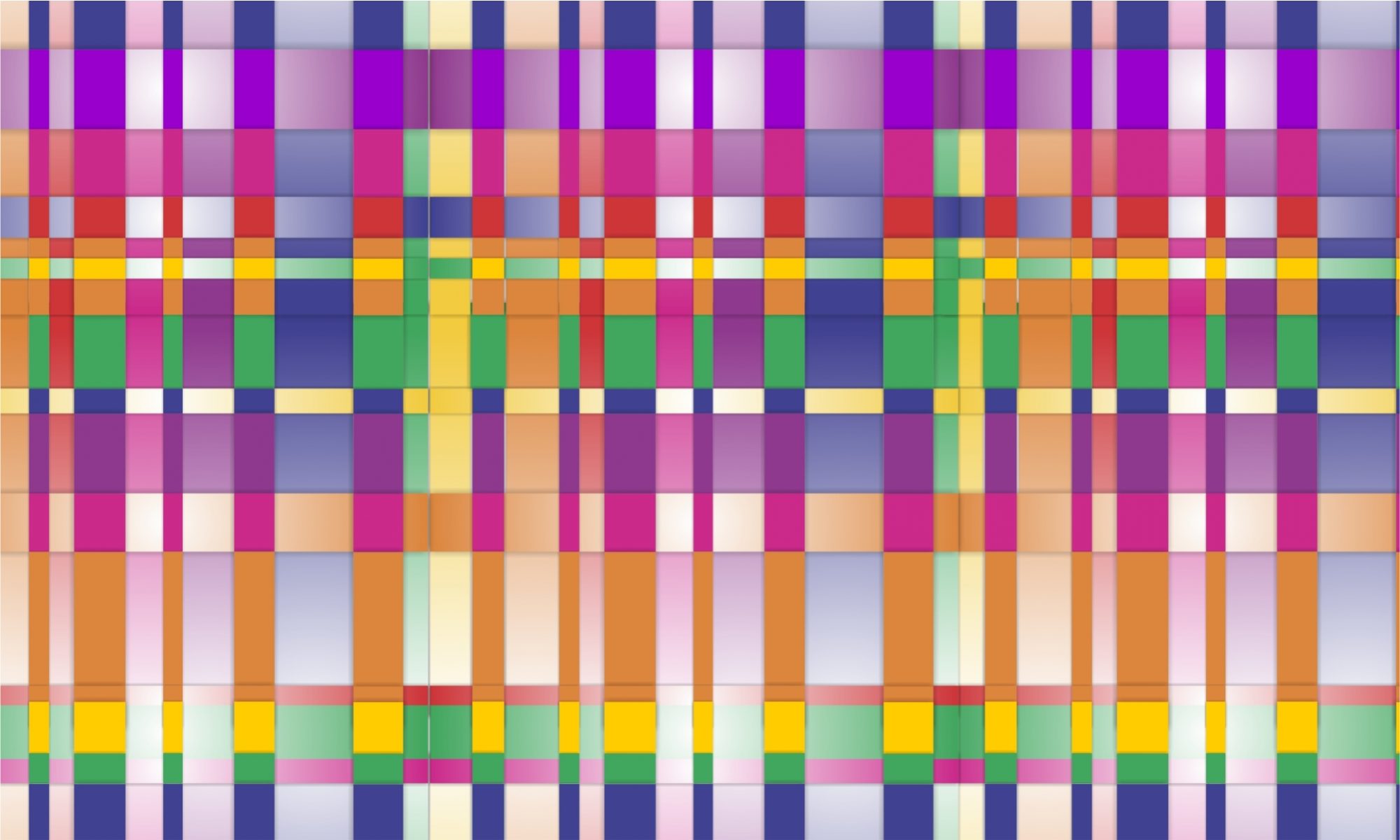How to use multimedia artifacts to expand educational opportunities for educators on gender and sexuality issues? What knowledge / representations on these themes can be observed in productions made by participants of an extension course about this topic? Motivated by these questions, this research promoted a course for the training teachers of the Federal University of Lavras (UFLA) which dealt with subjects like gender and sexuality relations. In a hybrid format, 30 hours online and 10 face to face the extension course named: Body, Health, Sexualities was carried out through Facebook and sought to contribute to the teachers’ education about the subject. During the course was discussed the use of different multimedia artifacts, from the perspective of the multilevels and the intermultimidiality. We also discussed the relations that the course participants established between texts, images, videos, among others artifacts in order to create possibilities for reflection about the subject. A methodology based on the poststructuralism supports the network that composes this text / fabric, which depends on many strands, which must be carefully twisted to form a web. On doing so, we achieved a weaving composed by the analysis of how the strands were threaded in order to achieve the entanglements of this research. From the empirical material coming from the activities of the course, seven tessitures (examples of the participants` productions) were selected that, from the view of the discursive textual analysis, allowed to understand how the objective of this research was reached. The strands, then, became a weave that became a network, having at support this site, which enable new interlacings.
Keywords: Teacher training. Gender relations and Sexualities. Multimedia artifacts. Intermultimidialidade. Digital technologies.
Dedicação ->
